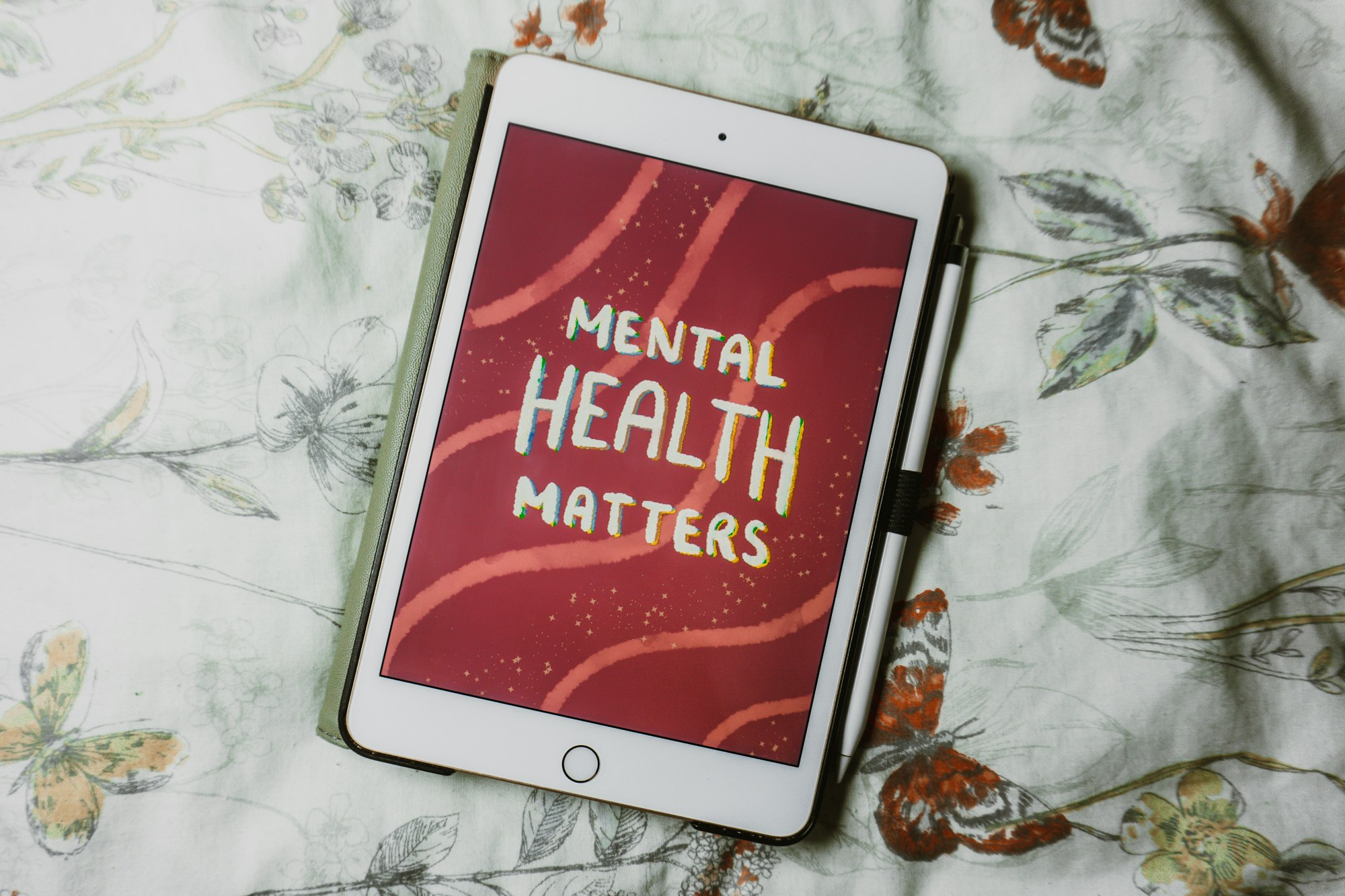Depression, anxiety, post-traumatic stress disorder. These and other disorders sound and feel scary. For some, a diagnosis provides a sense of freedom and understanding on how to conceptualize behavior. For others, a diagnosis can feel like a straight jacket, confining them to a rigid standard of understanding that feels unhelpful.
The good news is that you are not your diagnosis. You get to define what a diagnosis means to you, how it fits, how it helps, or how it doesn’t help. However, the reality of fitting the criteria for a mental health disorder means developing an understanding of how to cope. Mental health recovery is less about complete symptom eradication, and more about symptom management. This doesn’t mean that we can’t reach a place of full relief, or full symptom reduction, but rather an understanding that we have to cope with our symptoms in some fashion over the years to come. Mental health disorders can be exacerbated by current stressors or changes in lifestyle, so having a tool kit to keep our symptoms in check is crucial to mental stability.
So you’ve been diagnosed with a mental illness - what’s next? These five tips can help you build a life that lets your mental illness be one part of you, not all of you.
- Get good at self-care: This means understanding your limits and boundaries, while also getting acquainted with the concept of “boring self-care”. Self-care isn’t all bubble baths and massages, it’s also making sure you are showering regularly, taking your medication or moving your body (even when you don’t want to!). This also means getting to know cues and triggers that your mental health might experience a flare up. Knowing when to pull back, reset or ask for help is a critical part of a self-care routine. If you aren’t taking care of yourself, nobody else will.
- Educate yourself on your illness: It’s called psychoeducation, meaning the process of getting information for those seeking mental health recovery or services. Do some online research, read articles from a first person perspective of those who suffer with the same disorder, or attend support groups or therapy services. This type of engagement and education with your mental health disorder allows you to understand the nuances of how it may manifest, sustain, or remediate. Knowledge is power!
- Live by your routine: Routine is the cornerstone that helps keep mental health symptoms at bay. Remember the credo "motivation is optional, discipline is necessary". Find the things that offer you structure and support, and stick with them even on the days you don’t want to. This falls hand in hand with recognizing your need for self-care. Have a solid bedtime, develop a journaling practice, or set days to go to the gym. When we can build in action steps in times we aren’t struggling, we are more likely to follow through on our goals in times of mental health flare ups.
- Have a strong support system: This cannot be understated: we don’t heal in a silo, we heal in community. It’s a part of human nature. Who are the people you trust the most? It can be close family members, or even acquaintances who represent qualities you admire. Develop text and phone call relationships, standing coffee dates, and people you can reach out to when you are struggling. Mental illnesses can often convince us we are unwanted, unloved, or are being a burden to others. Defy this messaging by setting yourself up with a support system before a crisis occurs.
- Acceptance brings stability: As stated before, the goal of mental health treatment isn’t to erase your symptoms, it’s to teach you how to conceptualize and regulate these symptoms when they occur. Over time this practice will lead to a reduction in symptoms as you start to gain the confidence that you can handle what life throws your way. From this lens, stop fighting your symptoms, integrate them. What do I mean by integration? I mean approach your symptomology with a compassionate and accepting lens while understanding that your symptoms come from a deep to keep you safe. When we can stop using our symptoms as a reference point for our defectiveness, we can allow ourselves to get to the root of how to cope successfully. Tell yourself: “I am sad right now, and that’s painful. I’m sorry you have to experience this.”
I often tell my clients that what seems like a curse often becomes a superpower, as it allows a depth of empathy and understanding that neurotypical people will never be able to truly understand. You are not your mental illness, a set of symptoms, or a category to be measured. You are a whole person who deserves to feel joy and acceptance. Use this list above to aid you in your life long journey with mental health.
Alexa Cordry, LSW, LCADC
You can follow more of Alexa's insight on Instagram @yoursadtherapist
My Help Connect is a verified, independent & factual community for providers & clients created to easily find the best help possible. Connect with My Help Connect's message through multiple platforms:
Instagram: @myhelpconnect
Facebook: My Help Connect
LinkedIn: Company Page & Member Page

